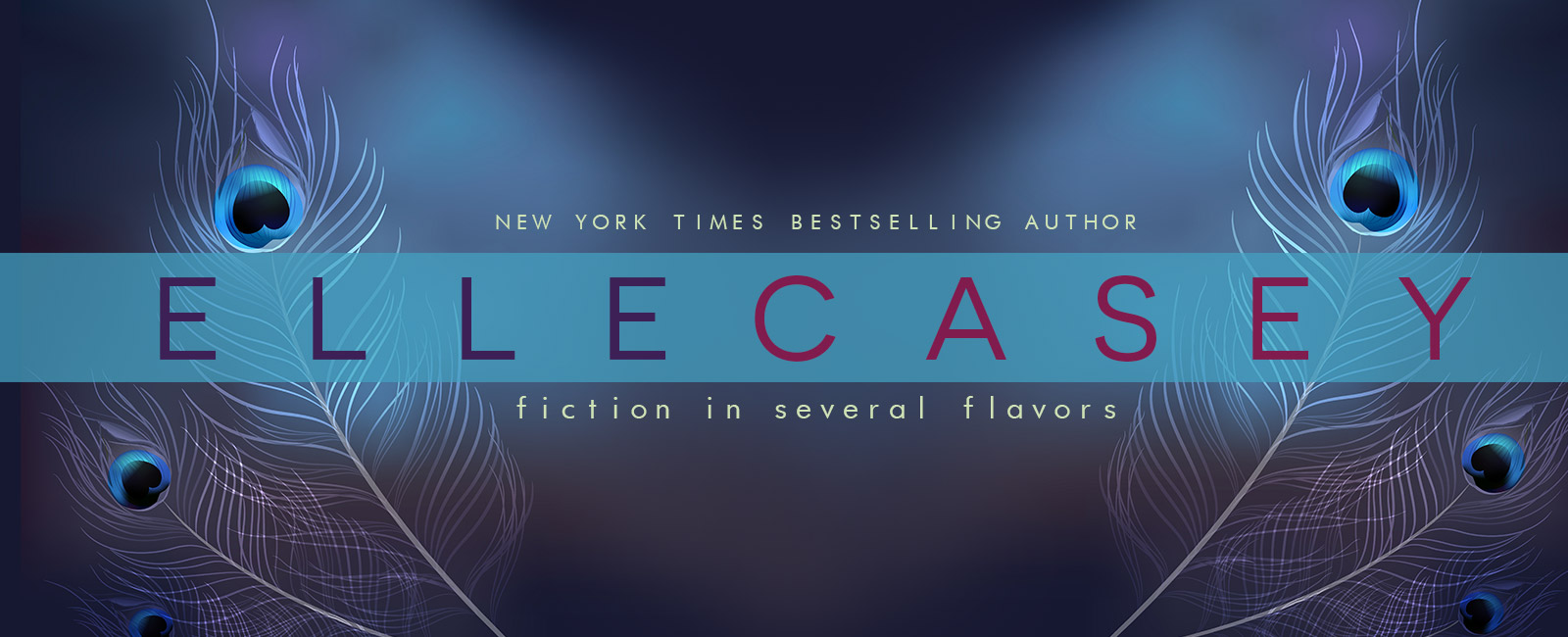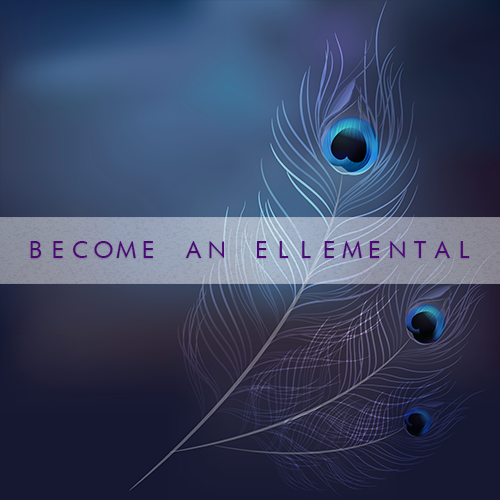I noticed a trend with pretty much every book I've seen that hits the Top 100 best seller list on Amazon or some of the sub-genre best seller lists. If the book is good, the first wave of reviews are all five and four stars. Then after the book has received a lot of attention, the review averages go down, down, down. I wondered what was at work there and considered a few reasons why this might be happening:
- It's just a math thing, the law of averages and statistics.
- Expectations are set unreasonably high by other reviews.
- Critical people are motivated to automatically be harsh towards things others are excited about.
Because I pretty much suck at math, I took at look at the things I could evaluate without hurting my brain. Those were numbers 2 and 3 above.
It's not just a math thing…
I believe that when a reader comes to a book after reading many glowing reviews, she has very high expectations for the book, perhaps higher than she might have had if she had not read the reviews first. My theory received support recently when I read a few later reviews of my book Shine Not Burn, where the reviewers specifically said that they'd expected something that would blow them away based on the excitement they read in other reviews. One even said she probably would have rated the book higher if she'd just come to it without having those set expectations.
Books that don't “measure up” to expectations will receive lower reviews. That makes sense. But what should the book be measuring up to? Standards set by reviews or something else? My answer is that a book should measure up to what the reader hopes to find after checking out the blurb, the cover, the sample, and the feeling the reader gets when introduced to the “bare bones” of the story. If you're a reader and you want to truly enjoy a book from your own perspective, un-colored by someone's review of it, focus on the bare bones before you read. Don't read a bunch of reviews first and hope to recreate their exact experience. Reviews are important for sure. But at some point, they go from being important to affecting the enjoyment of the actual story and that's not a good thing.
Critical people can be doubtful and unreasonably harsh…
I also believe that once a book receives a number of great reviews, there are certain people out there who have this natural inclination to just be critical of things others are enjoying. Maybe they don't even realize they're having this reaction; I don't think it has to be a conscious process or effort.
If I were to guess as to the psychology behind this (taking into account that I have zero qualification to do that), I'd say that they do this because it makes them feel like they're a more critical or discerning reader. Some people, when reading a plethora of 5-star reviews with glowing recommendations, will read the same book with the main goal of picking it apart rather than just reading to enjoy the story. They start on page one with this idea floating in their minds: “A hundred glowing 5-star reviews? Well … we'll just see about that.”
Another reason we may be seeing this kind of overly critical reaction is because of all the fake reviews that are out there. It's not as prevalent as it once was, now that Amazon has gotten smart about it, but it's frequent enough that some people are automatically suspicious of any book that has a lot of good reviews. They therefore go into the reading searching for clues of false satisfaction on the part of possible sock puppet reviewers, instead of having the goal of reading to enjoy the story without playing detective.
So what's the point of this post? My goal in presenting my theories is to help readers enjoy books without the influence of reviews coloring their reading experience. The side benefit would be that book reviews would reflect a true reader experience and not one influenced by things that have nothing to do with the book.
Book reviews only work to help us find good reads when they reflect the actual content of the story. There are other things that influence reviews beyond what I've mentioned here, but those are topics for another post. I'll be covering “reader assumptions and misunderstandings” in my next post on this subject! 🙂




This is why, when reading authors I already like, I stay almost entirely away from reviews. They are often too spoiler-filled for my taste anyway. I really hate it when reviewers practically tell the whole story in their review. I do find reviews handy when I’m trying something from a new author. After reading this, I can say that number two is probably true for me. I confess there are a few authors/series where I read some reviews before I paid for a book and had pretty high expectations. Now that I think about it, I’ve had those moments where I was like, “This? This is what they were raving about? Really?” But I don’t like leaving bad reviews so I tend to just not leave a review if I dislike it.
Also, no matter how good the story is, when an author’s grammar/spelling/knowledge of words is bad, no amount of good storytelling can redeem it for me. There is one author who is pretty popular and has several books out but the errors in grammar and her awkward use of words constantly take me out of the story. So, though some may really like a story, I’ve spent several hours cringing at all the glaring errors. This one doesn’t apply to your books but for me, can turn a potentially great book into a bad experience for me.
I’m ultra-sensitive to that as a reader myself. I was that way before I started reading too, so it’s not a result of being a writer. Awkward sentences, awkward/unbelievable dialogue, and grammatical errors … argh. Hate them. I ask my beta readers to really look hard for those things in my writing, and with each book, I get better. Not perfect, but better. I understand a few typos are normal for any book. I find them all the time. But they shouldn’t be so much that they’re distracting.
I read the reviews if it’s an author I’m not familiar with. I look at how many 1 star reviews there are and judge how that influences the overall star total. I’ll also read the one star reviews and for the most part that are immature and almost always are based on grammatical and spelling errors. Generally a book that has more than 50 reviews and a star rating of 4 or more is a damn good book.
Look at some of the ratings for established authors with huge followings and you will see a lot of their books 3.5 – 4.5 average.
I don’t like reviews written by professional writers. I know you mentioned that and be aware there are authors who have “friends and cronies” that will post bad reviews on the competition within the same genre.
True, so true. I always read the 1-stars and 2-stars just to see if my pet peeves are present (over abundance of grammatical errors, plot that goes nowhere, etc.). I’ve been very successful using this strategy. Not that I have time to read much anymore. lol
I actually read about about review fraud lol, I know boring huh? It is amazing what some authors (the review scammers) will go through to attempt to be king of the hill. I think there are parts of everything you mention that are valad Elle. Personally, I am suspicious of what seems to be the magic number of 5 perfect reviews. I look at the dates on the reviews and they are usually a day apart, or all within the same week. Namely, add your book to Amazon, friends/family/alts/paid reviewers come in and set your 5 perfect reviews. Then no reviews for months. The other one I often see and do not trust is the 1 ***** followed by 1 ****.
When I am interested but not sure the reviews are legit I will look at the number of reviews posted by the reviewer, if they are 11,000 reviews made by them, yeah paid reviewer. If the post still interests me, I will look at the authors list of other titles. Loads of info there, you can tell if they are a copy / paste “book mill”. If there are no other books by them, or the other books they have done have more reviews and most are poor, I move on.
What I do ignore in choosing books is the 1 star review that says, “bought by accident”, or a 1 star “good writing, but not my genre”. I don’t understand why somebody would leave a review for that and drop an authors rating???
I don’t like to feed into the “be suspicious if they only have exactly 5 reviews” camp, but I will note that most of the sites that advertise books require a minimum of 5 reviews of 4+ before they will advertise a book.
I’ll scan a few reviews, but I don’t like to really read them. They tend to have too many spoilers. I’d rather read the blurb, and if it sounds interesting, I’ll make my own opinions. I think there are other reasons not listed for an insane number of good reviews, but as you mentioned you had more you wanted to talk about in future entries, I’ll keep those to myself 🙂
Aside from cheating with fake reviews, I don’t know other reasons for insane numbers of good reviews except of course a great book. 😉
Here’s my example: I know an author who has a real good story line. It’s amazing. But his spelling, grammar, and punctuation is atrocious. It really ruins what could be great. His fans are so very loyal that they overlook these flaws and rate super high anyway. I’m not talking about a few typos either. I’m saying every-other page has glaring errors. I’m sure they are rating just the story, but shouldn’t a book reading be about the whole deal? The author is super sweet, and they all like him so much, nobody wants to give a poor review. So he continues writing the same way, and continues to get great ratings. Author loyalty is not always a good thing.
I’m torn on that issue, actually. Yes, the review should be about the book; but if a reader loves the book despite all the errors, then a 5 is perfectly appropriate in my view. People who are grammar freaks (I am one of them) are seriously bothered by these things; they can’t enjoy a book with these problems. They’ll never rate a book a 5 with those kinds of things going on. That’s also fair. It’s a subjective thing, and so the rating should reflect the personal reader experience.
What I have only recently come to realize is that not everyone is like me! (Gasp!) And these
weirdosother people not like me, don’t care about grammar or even notice it most of the time. In a way, I’m envious. I spend too much time paying attention to the little things and sometimes miss the big picture.I believe the opposite is true also. You suggest that people downgrade reviews for whatever reason but you don’t mention the possibility of undeserved 5-star reviews. I think there is a good chance that fans and family and friends who really like you and your work will give 5 stars regardless of whether it’s an excellent read or not.
Yes, but that number is very small. Especially in my case. lol
Sarah, please send this author to my editing website! My rates are very reasonable and I love fixing errors!!
My name is Elle Casey, and I approved this message ^^ . lol